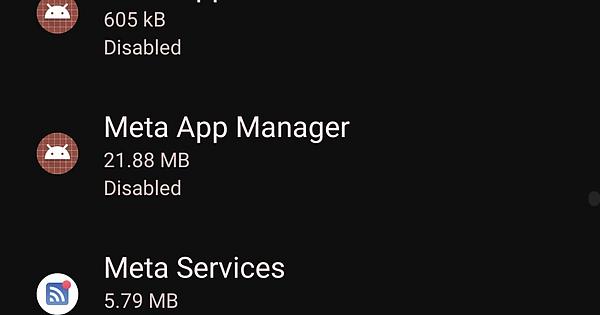

Ahh so it’s still never been confirmed then. The Aether2x event and the Reddit third-party event happened relatively close together, so I never got closure.
Sad that the emulation community has such a prevalent amount of vocal people who go around expectantly harassing developers. Such a large part of the community seems so nice and wholesome, but there is a significant portion that is also extremely vile and consistently ruins it for the rest of us.
Edit: Oh, and thank you for responding.





Color change, eh? Sounds like B+W makes displays more energy efficient, that should be significant!
(\s)